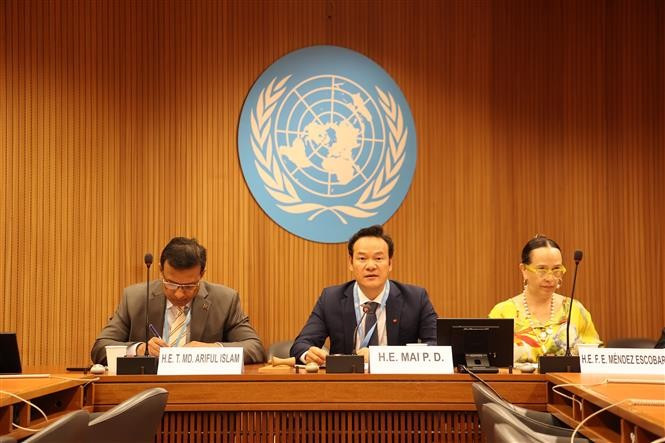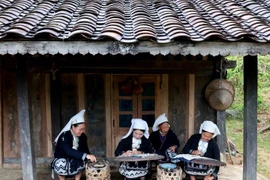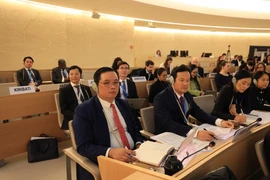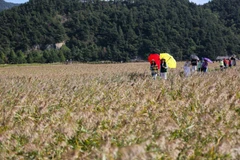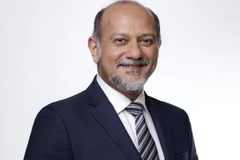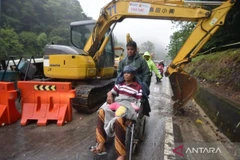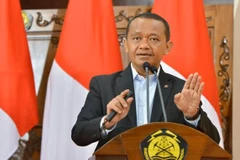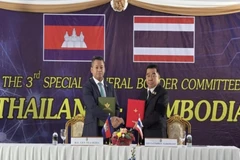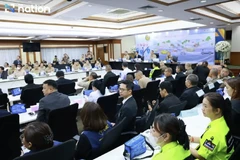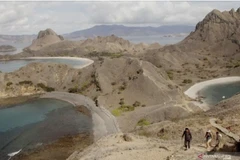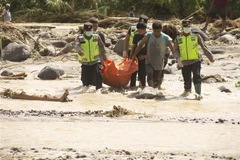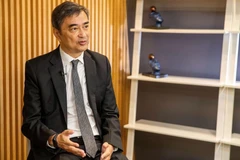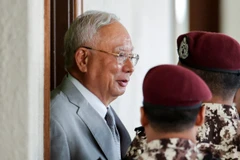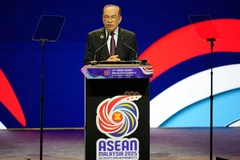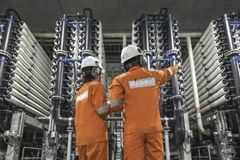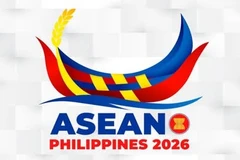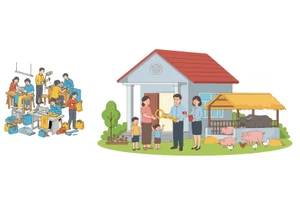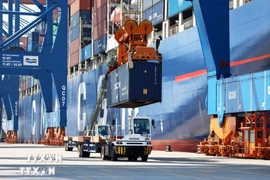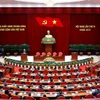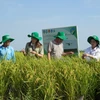Geneva (VNA) – As a member of the United Nations Human Rights Council (UNHRC) for the 2023–2025 term and a country heavily affected by climate change, Vietnam is committed to working closely with other nations, international organisations, and global stakeholders to build sustainable and people-centred solutions for a future free from hunger and in harmony with nature.
Le Minh Tuan, a representative from the Department of International Cooperation under the Vietnamese Ministry of Agriculture and Environment, made the remark at an event on transforming food systems to adapt to climate change and ensure the right to food on July 3.
Co-hosted by the Permanent Mission of Vietnam in Geneva, in collaboration with the missions of Bangladesh, Mexico, and the Netherlands, the event took place on the sidelines of the 59th session of the UNHRC and attracted the participation of over 50 international delegates from diplomatic corps, international organisations, and academia.
The topic of food system transformation in response to climate change and the protection of the right to food holds increasing significance in light of today’s multidimensional global crises, including climate change, environmental degradation, conflicts, and growing food insecurity.
Sharing Vietnam's experiences in promoting a sustainable food system, Tuan highlighted the Mekong Delta's low-emission and high-quality rice development programme, which aims to cultivate one million hectares of such grain by 2030.
The programme not only seeks to improve farmers' incomes and reduce emissions but also contributes to ensuring the right to food, especially for vulnerable groups such as women and the poor. Models such as “1P5G”, straw management, farming mechanisation, and the increase of women's engagement have been effectively implemented in Vietnam, he noted.
Benjamin Schachter, Coordinator of the Environment and Climate Change Team at the Office of the UN High Commissioner for Human Rights (OHCHR), encouraged countries to adopt a human rights-based approach in transforming food systems, stressing the need for genuine community participation, transparency, accountability, and non-discrimination.
He also acknowledged efforts by countries such as Vietnam in mainstreaming human rights in climate and agricultural agendas, affirming OHCHR’s readiness to provide support and technical cooperation throughout this process.
Ambassadors and heads of delegations from the co-hosting countries also shared diverse national experiences and perspectives, contributing to a fruitful discussion.
The event underscored Vietnam’s proactive role in advancing human rights in the context of climate change, helped strengthen its network of partners, and shared practical lessons with the international community./.
